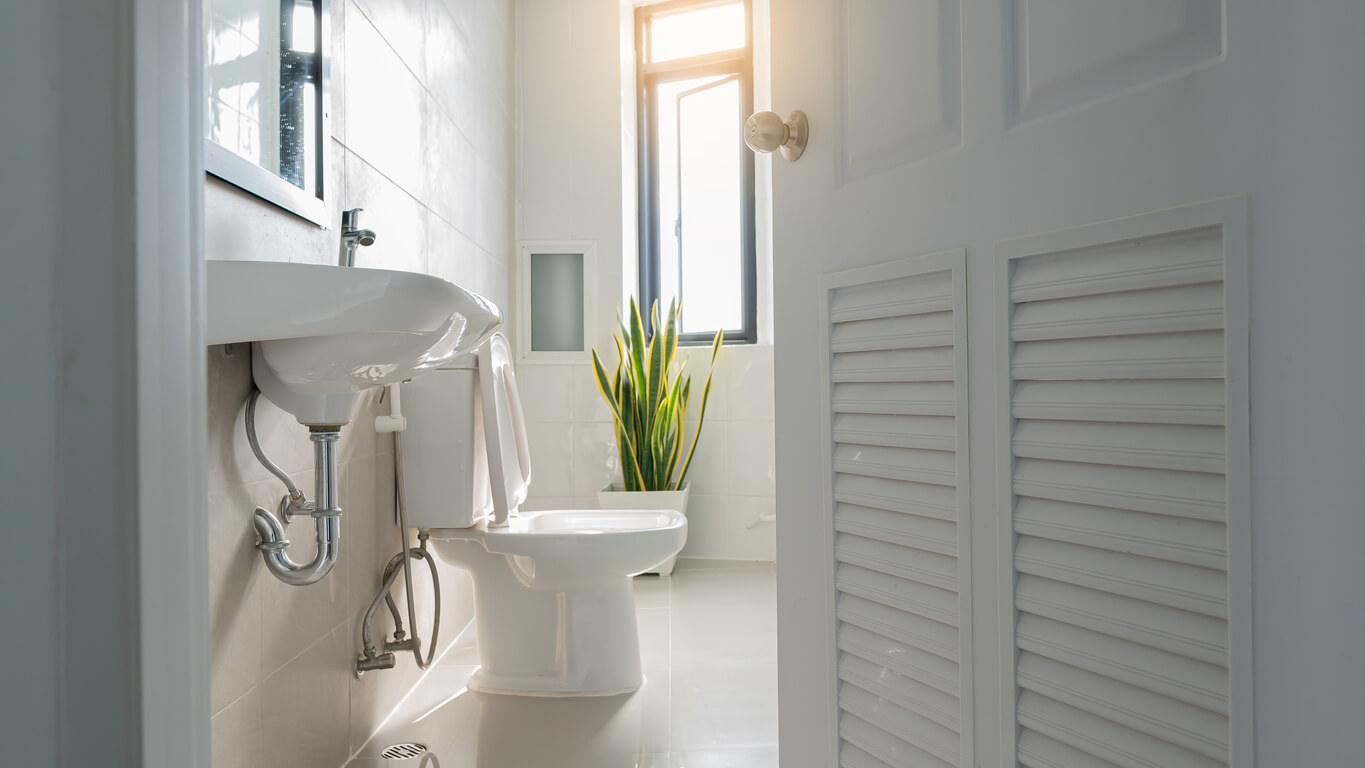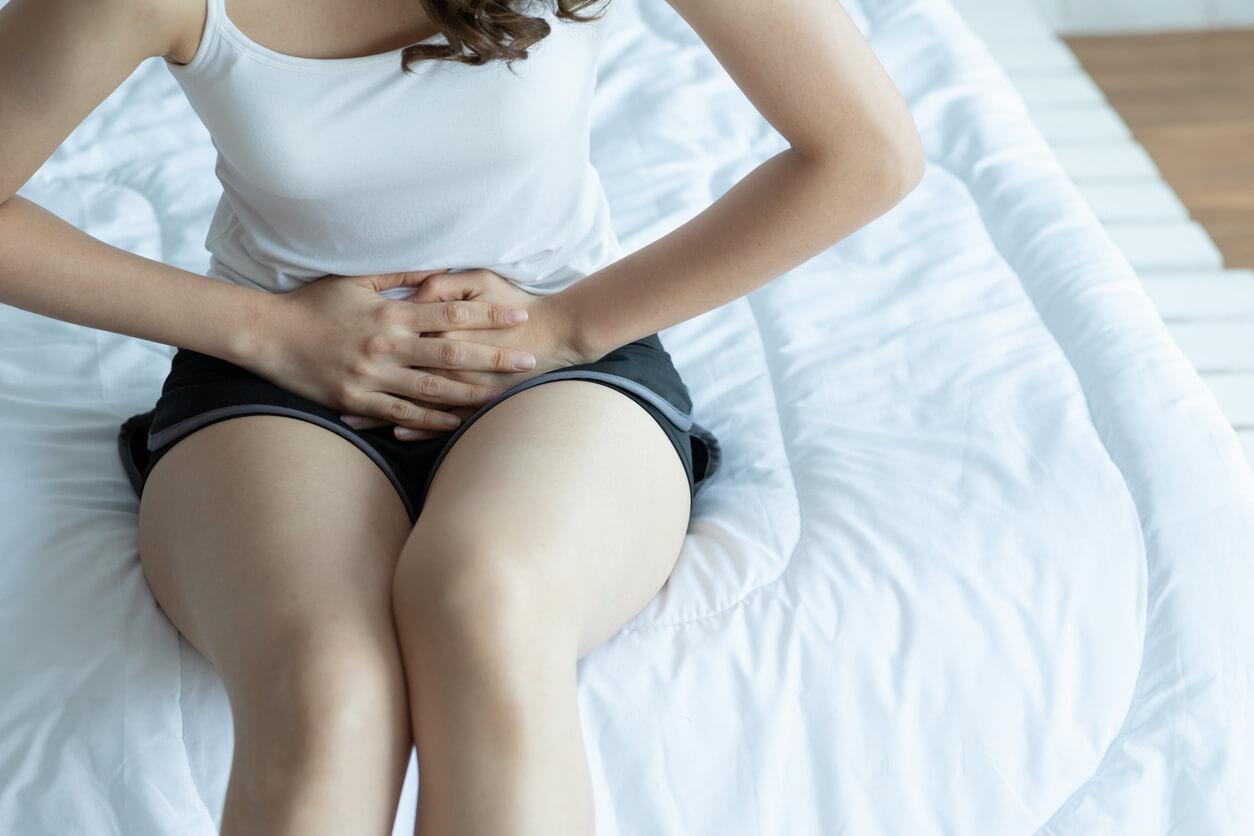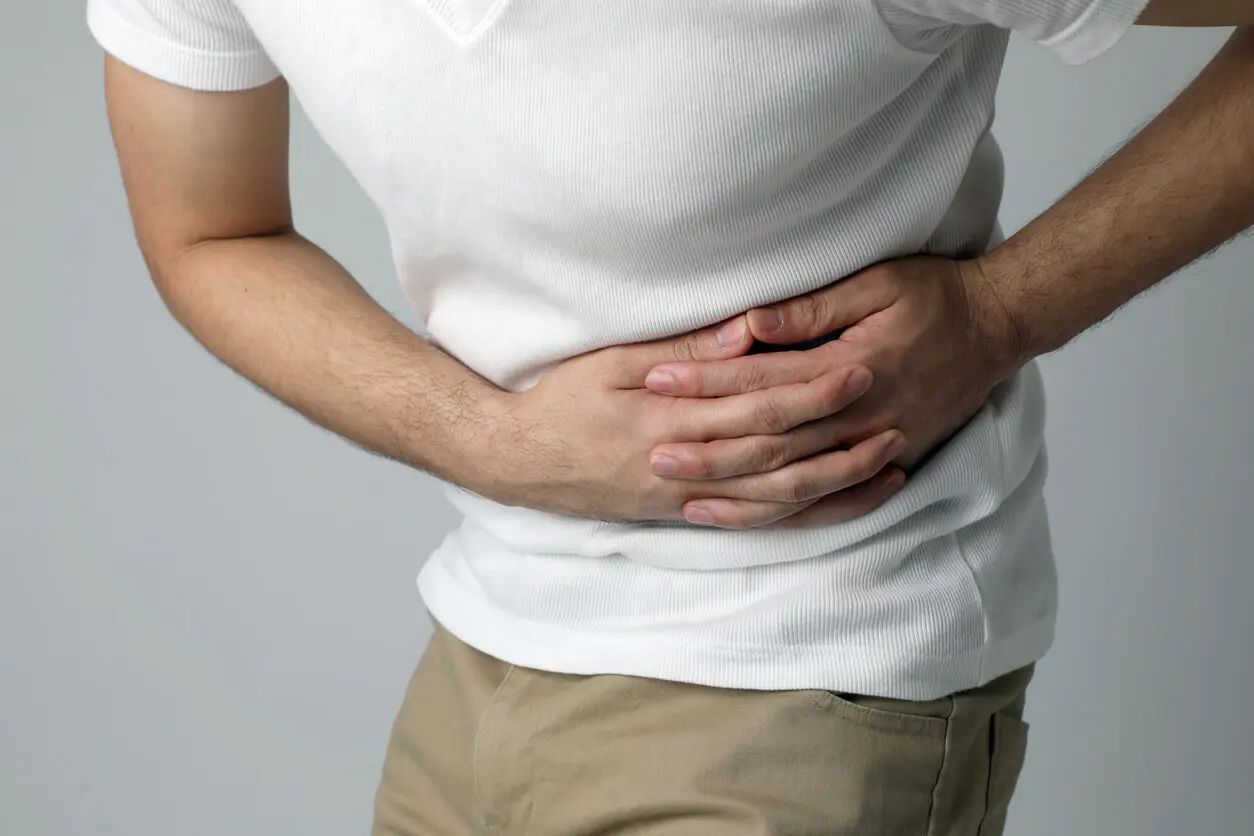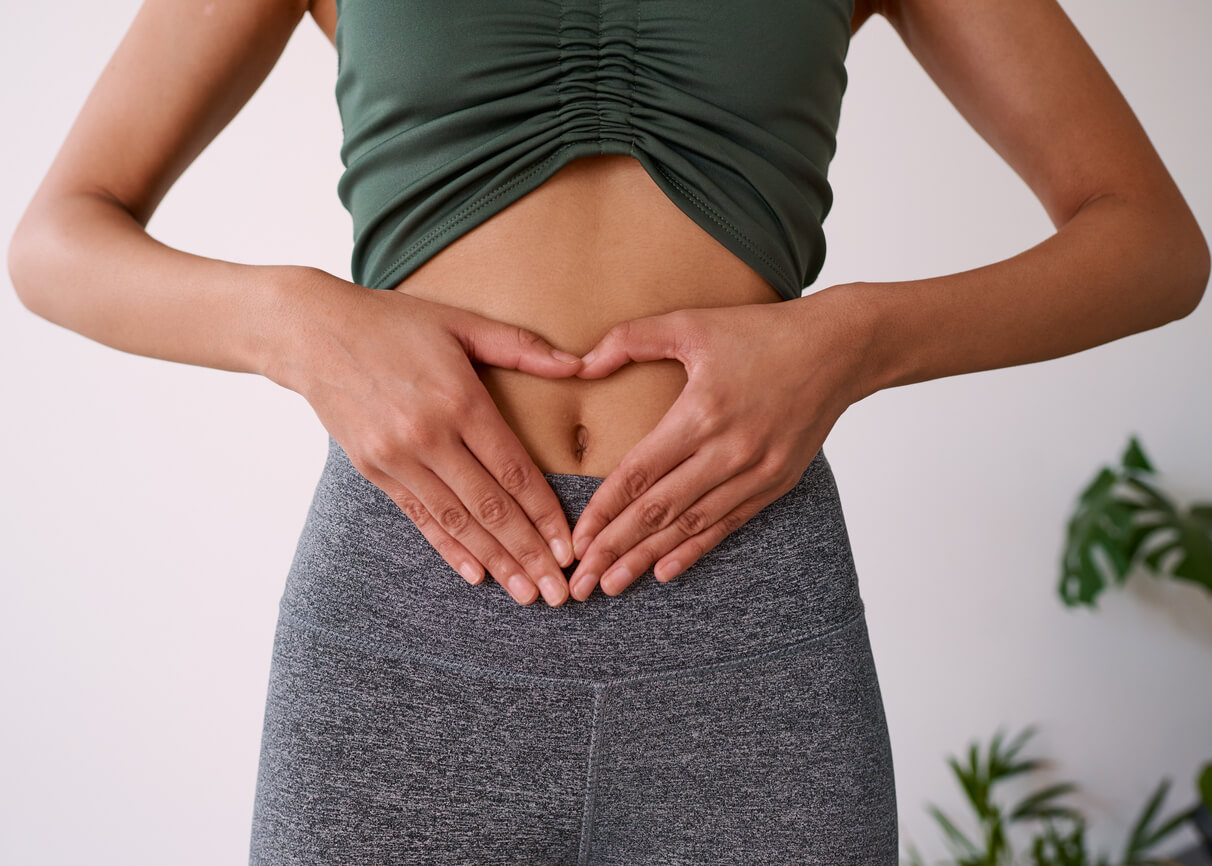10 Tips to Keep Your Bladder Healthy
Prioritizing bladder health for Bladder Health Awareness Month
Talking about the health of your urinary system is no one’s idea of a great conversation starter; you should be aware of how your bladder functions and the steps you can take to keep it working correctly. Bladder health is under-discussed, yet millions of Americans are affected yearly by bladder conditions. To this end, November has been designated as Bladder Health Awareness Month, a time to educate yourself on how vital bladder health is to your overall well-being.
In observance of Bladder Health Awareness Month, we’ve compiled a list of easy-to-use tips to keep your bladder in tip-top shape. If you need more information or are dealing with worrying symptoms, book an online doctor appointment on Sesame to talk to a licensed health care provider today.
Tips for better bladder health
Here are some essential tips to prevent bladder problems and maintain your overall health.
Drink Water: Drinking plenty of water helps ensure the proper functioning of the urinary system. When you drink enough water, urine becomes more diluted, reducing the risk of urinary tract infections (UTIs) and the formation of bladder and kidney stones. Additionally, proper hydration helps the bladder maintain its elasticity and capacity, reducing the likelihood of bladder irritation and discomfort. Adequate fluid intake also promotes regular and healthy urination, flushing out potentially harmful substances and toxins from the bladder.
It’s important to note that some people need to drink less water due to medical conditions such as kidney problems and heart disease. If you are dealing with a condition that requires you to reduce your fluid intake, talk to your health care provider about how much water is healthy for you to drink.
Maintain a healthy weight: Maintaining a healthy weight is essential for bladder health because excess body weight can put undue pressure on the bladder and pelvic floor muscles. This added pressure can lead to stress urinary incontinence, where physical activities or movements can cause unintentional urine leakage. Obesity is also associated with a higher risk of developing other bladder issues, such as urinary tract infections and overactive bladder syndrome. A healthy diet and regular exercise can help reduce the strain on the bladder and improve overall bladder function, promoting better urinary health and minimizing the risk of bladder-related problems.
Empty your bladder: When the bladder is emptied regularly and thoroughly, it reduces the risk of urinary tract infections (UTIs) by flushing out potentially harmful bacteria that might otherwise accumulate. It also helps prevent urinary retention, a condition where urine remains in the bladder, increasing the risk of infection and discomfort. Additionally, emptying the bladder can promote its proper function and elasticity, reducing the risk of overstretching and weakening the bladder muscles.
Wipe from front to back: Wiping from front to back after using the toilet prevents the transfer of bacteria from the anal area to the urethra and vagina, reducing the risk of urinary tract infections (UTIs).
Do Kegel exercises: Pelvic floor exercises, often called Kegel exercises, involve contracting and relaxing the muscles that support the pelvic organs, including the bladder. Regularly practicing pelvic floor exercises can strengthen these muscles, enhancing their ability to control urine flow. This increased strength can be especially beneficial in preventing and managing urinary incontinence, a common bladder issue, by providing better support and control over the bladder. Additionally, strong pelvic floor muscles can help alleviate overactive bladder symptoms and improve bladder function overall, promoting better urinary health.
Wear cotton underwear: Cotton is a breathable and moisture-wicking fabric. Unlike synthetic materials, cotton allows for better air circulation and helps keep the genital area dry, reducing the risk of irritation and bacterial growth. This can be particularly important for preventing urinary tract infections (UTIs) and other bladder-related issues.
Avoid constipation: Constipation can put added pressure on the bladder and pelvic floor muscles. When the rectum is filled with stool, it can push against the bladder, potentially causing bladder irritation and leading to symptoms like frequent urination or urinary incontinence. Chronic straining during bowel movements due to constipation can weaken the pelvic floor muscles over time, further compromising bladder control. By preventing constipation through a high-fiber diet (rich in whole grains, fruits, and veggies), adequate hydration, and a healthy lifestyle, individuals can reduce the risk of bladder-related issues and promote better overall health.
Urinate After Sex: During sex, bacteria from the genital and anal areas can be introduced into the urethra, increasing the risk of urinary tract infections (UTIs). By urinating promptly after intercourse, the urinary system flushes out any potential contaminants, reducing the likelihood of bacteria entering the bladder and causing an infection.
The importance of bladder health
The bladder is a vital organ within the human body that plays a crucial role in the excretory system. It is a hollow, muscular sac-like structure in the lower abdomen. The bladder's primary function is to temporarily hold urine until it is ready to be eliminated from the body through urination.
Urination serves to regulate the elimination of waste and toxins from the body. The kidneys filter the blood, removing excess water, electrolytes, and waste products, which are then transported to the bladder as urine. The bladder acts as a reservoir, allowing the body to hold onto urine until it is convenient to release. Additionally, it plays a role in maintaining proper electrolyte and fluid balance in the body, which is crucial for overall well-being.
Efficient emptying of the bladder helps prevent urinary tract infections (UTIs) by flushing out potentially harmful bacteria and toxins from the urinary tract. Failure to empty the bladder properly can lead to various health issues.
Common bladder problems
- Overactive bladder (OAB)
- Urinary incontinence
- Bladder infections and urinary tract infections
- Interstitial cystitis (IC)
- Bladder stones
- Bladder cancer
Risk factors for bladder issues
While bladder issues can occur to anyone, regardless of age or gender, certain risk factors may increase the likelihood of developing one of the conditions listed above.
Common risk factors include:
- Age: Bladder problems are more common as individuals age, with the risk increasing significantly after age 40.
- Gender: Women are at a higher risk of bladder problems, including urinary incontinence and urinary tract infections, due to anatomical differences and hormonal changes.
- Obesity: Excess body weight can put extra pressure on the bladder and pelvic floor muscles, increasing the risk of urinary incontinence.
- Pregnancy and childbirth: Pregnancy and vaginal childbirth can weaken the pelvic floor muscles, leading to bladder control issues.
- Menopause: Hormonal changes during menopause can contribute to urinary problems in women.
- Family history: A family history of bladder problems may increase an individual's susceptibility to similar issues.
- Chronic medical conditions: Certain medical conditions, such as diabetes, multiple sclerosis, and Parkinson's disease, can affect bladder function.
- Neurological disorders: Damage or dysfunction in the nervous system, like spinal cord injuries or nerve disorders, can impact bladder control.
- Smoking: Smoking is a known risk factor for bladder cancer.
- Medications and treatments: Some medications, such as diuretics and anticholinergic drugs, may affect bladder function. Radiation therapy and certain surgical procedures can also contribute to bladder issues.
- Bladder irritants: Consuming foods and beverages that irritate the bladder, such as spicy foods, carbonated drinks (especially those with artificial sweeteners), and citrus fruits, can trigger symptoms in individuals with sensitive bladders. Additionally, excessive consumption of caffeine and alcohol can irritate the bladder and worsen urinary symptoms.
- Psychological factors: Stress, anxiety, and depression can exacerbate bladder symptoms and contribute to bladder problems.
- Poor fluid intake habits: Both excessive and insufficient fluid intake can affect bladder health. Dehydration can lead to concentrated urine that irritates the bladder, while excessive fluid intake may result in frequent urination.
- Urinary retention: Difficulty emptying the bladder can increase the risk of urinary tract infections and other bladder issues.
- Pelvic organ prolapse: A condition where pelvic organs, such as the bladder, uterus, or rectum, descend into the vaginal space, potentially causing bladder symptoms.
- History of urinary stones: A history of kidney or bladder stones can increase the risk of future bladder problems.
It's essential to remember that these risk factors do not guarantee the development of bladder problems, but they may contribute to an individual's overall risk profile. Maintaining a healthy lifestyle and seeking medical advice for any concerning symptoms can help mitigate these risks and address bladder issues effectively.
When to see a doctor
If you experience recurring bladder problems or are currently experiencing bladder infection symptoms, speak to a health care provider immediately.
Common symptoms of a bladder condition include:
- Frequent urination
- Sudden and intense urges to urinate
- Difficulty starting or maintaining urination
- Weak urinary stream
- Incomplete emptying of the bladder
- Pain or discomfort during urination (dysuria)
- Blood in the urine (hematuria)
- Pain or pressure in the lower abdomen or pelvic area
- Urinary incontinence (involuntarily leaking urine)
- Nocturia (frequent urination at night)
- Pain or discomfort in the lower back or sides
- Foul-smelling or cloudy urine
- Painful or frequent urination after sexual intercourse
These are often indications of a bladder problem requiring medical attention. If you are experiencing one or more of these symptoms, talk to your primary care provider or book an online doctor appointment to speak with one right away.









